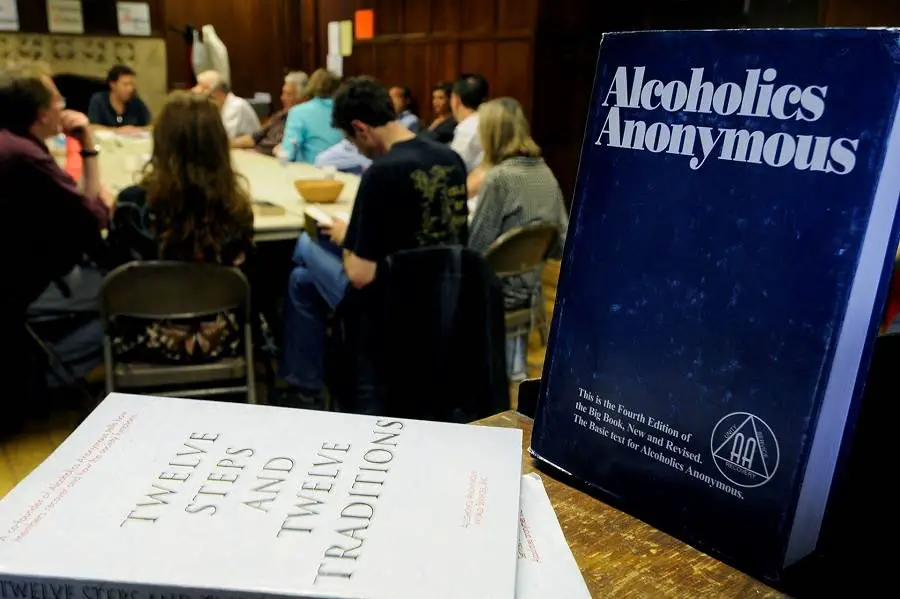The battle against addiction is one of the hardest you might ever fight. The very first step is admitting the existence of the problem.
If you’re reading this, then perhaps you’ve already admitted a problem or are helping a loved one cope with one. This step doesn’t always come easily or all at once, but once it has, it lays open the path ahead.

In fact, the AA (Alcoholics Anonymous) suggest there’s 12 steps to recovery. If you wish to read more about these steps please navigate to an article on what are the 12 steps.
Here’s a list of most important steps to take to recover from alchoholism.
From awareness to action
There’s still a great deal of fear and uncertainty to consider even after the admission or intervention. It takes courage and often a little help to move into taking action against the addiction.
One way to facilitate that need for change is to begin understanding the effects addiction has beyond the addict themselves. Interventions, frank discussions with loved ones, impact on employment, family life, and responsibilities can all help bring that shift much closer.
Seeking treatment
From there, it’s about exploring different treatment options. Some people need to immediately put themselves in rehabilitation centers if they believe they’re in danger of falling further into addiction.
Others, however, might do better to take the time to educate themselves not just on their options, but on the nature of their addiction. There are different kinds of addiction treatment programs, so it might be worth seeing which would work best for the individual.
Beginning recovery
Whether it’s a rehab facility or using outpatient services, recovery is much more likely to be successful with professional help.
Often, these programs involve a drug-free environment, group or solo therapy, and focus on learning new coping mechanisms and habits. Most relapses occur during this stage, but that doesn’t have to stop an addict in recovery. Relapses are a part of the journey and can be as much a learning experience as anything.
Sharing experiences
After early treatment, ongoing support from a peer group can be crucial. Groups like the AA have been shown to have a positive impact in reducing relapses and improving mental well-being.
Advice from those who have been what you have been through can sometimes be the most valuable kinds. The levels of progress through peer support programs can also serve as an effective way to track your progress and incentivize even more.
Taking it one-day-at-a-time
No recovery is ever instant. Many say that the fight against addiction is one that has to be waged throughout a lifetime. Fighting addiction isn’t just about staying away from the use of a substance.
It’s about improving your wellness and better understanding why you became addicted in the first place. It might mean improving self-esteem and confidence through the initiation of life-improving goals.
It might also mean becoming mindful of your instinctual reactions, the triggers that lead to relapses and drug/alcohol use.
Exercise, meditation, diet, and other methods of self-improvement can all help rebuild a life not just without addiction but with an added sense of direction.
Battling addiction means taking a long, difficult, and often painful road. But it’s a road that can help you not just shake off the most dangerous of habits. It can help you become a much better, more well-rounded, happier, and self-determined person.
Revision 18.11.2019 – 404 link removed.









































